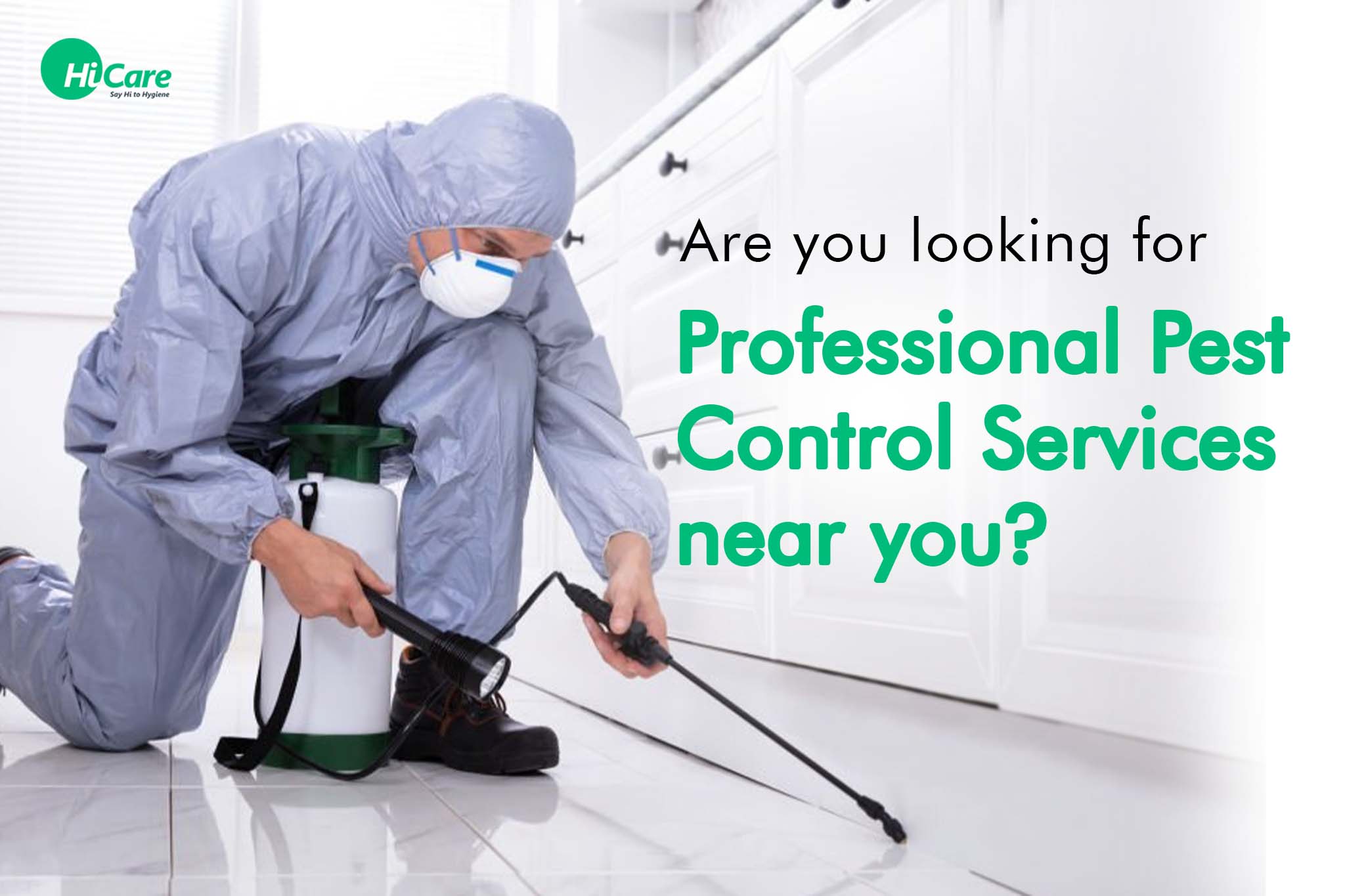Trusted Pest Control Clovis: Protecting Your Building
Comprehending the Various Techniques to Pest Control: A Comprehensive Overview

All-natural Pest Control Methods
Using green strategies such as buddy planting and organic bug control is essential for effectively taking care of insects in agricultural setups. Buddy growing includes growing various plants in distance to deter parasites, improve nutrient uptake, and improve general crop wellness.
Biological parasite control includes introducing all-natural predators or virus to control pest populaces. Ladybugs, for example, prey on aphids, controlling their numbers without the demand for chemical pesticides. Another instance is using Bacillus thuringiensis (Bt), a microorganism that targets particular insect parasites while being harmless to human beings, animals, and helpful bugs.
These eco-friendly techniques not just decrease the dependence on synthetic pesticides yet also help maintain biodiversity and dirt health. By integrating natural insect control methods into farming practices, farmers can attain lasting insect monitoring while minimizing unfavorable influence on the atmosphere.

Chemical Bug Control Solutions
Along with natural insect control approaches, the utilization of chemical insect control options plays a significant role in successfully taking care of pest populaces in farming settings. Chemical pest control remedies are formulated to target particular bugs that might trigger extensive damage to plants. These options usually contain synthetic chemicals that are designed to eliminate parasites swiftly and effectively.
Among the crucial benefits of chemical parasite control options is their effectiveness in regulating pest problems on a huge range. Farmers can apply these services utilizing different methods such as spraying, airing out, or seed therapy to secure their plants from hazardous insects, weeds, and diseases. In addition, chemical parasite control options are fairly simple to apply and can give quick results, assisting farmers guard their returns and lessen economic losses.
However, it is necessary to make use of chemical insect control remedies carefully to reduce possible unfavorable impacts on the atmosphere, non-target organisms, and human wellness. Proper application methods, adherence to safety standards, and regular surveillance are essential to make certain the accountable usage of chemical insect control remedies in agricultural methods.
Biological Pest Control Approaches
Organic pest control comes close to leverage natural killers or pathogens to handle parasite populations in farming settings properly. This method uses a environmentally friendly and lasting remedy to pest management, minimizing the dependence on synthetic chemicals and minimizing damage to the atmosphere. One usual biological control method is the introduction of all-natural adversaries, such as ladybugs or parasitic wasps, to target particular bugs. These killers feed on the insects, assisting to manage their populaces normally - pest control clovis.
One more biological control technique involves making use of microorganisms like bacteria, infections, or fungi to infect and eliminate bugs. On the whole, organic pest control strategies supply a lasting and targeted solution to pest administration in agriculture.
Integrated Bug Management (IPM)
Integrated Bug Management (IPM) is a comprehensive method that incorporates various parasite control techniques to effectively handle and decrease pest populations in agricultural systems. IPM concentrates on long-term prevention of bugs via a combination of biological, social, physical, and chemical control methods. By integrating these different strategies, IPM aims to decrease dependence on chemical pesticides, decrease environmental impact, and promote sustainable insect monitoring methods.
One secret facet of IPM is making use of biological controls such as natural predators, parasites, and virus to control parasite populaces. This method utilizes the power of nature to preserve an equilibrium in between parasites and their all-natural enemies without causing harm informative post to the atmosphere.
Furthermore, IPM entails social techniques like plant rotation, sanitation, and habitat control to develop undesirable conditions for bugs and interrupt their life process. Physical controls such as obstacles, traps, and mulches are likewise utilized to avoid insect infestations.
Mechanical and Physical Insect Control Techniques
Making use of non-chemical approaches, such as physical and mechanical insect control techniques, is a critical facet of detailed insect management strategies, building on the structure of Integrated Insect Management's all natural technique. Mechanical insect control entails the usage of physical barriers or catches to avoid bugs from accessing and damaging plants or structures. This approach can include techniques like mounting screens on windows, using row covers in farming, or employing sticky catches to catch pests.
Physical insect control approaches, on the various other hand, focus on straight eliminating bugs through physical methods. As an example, making use of heat therapies to eliminate bed pests or vacuuming up insects like spiders or ants can be effective ways to manage problems without the usage of chemicals. By including these mechanical and physical pest control strategies right into an Integrated Pest Administration plan, people and experts can lower reliance on pesticides while still successfully reducing and taking care of pest populaces damage.
Conclusion

In enhancement to natural parasite control techniques, the usage of chemical bug control services plays a significant duty in efficiently managing pest populaces in agricultural atmospheres.One of the essential benefits of chemical insect Extra resources control solutions is their efficiency in regulating bug infestations on a huge scale.Integrated Parasite Administration (IPM) is a thorough technique visit their website that combines different pest control methods to effectively handle and decrease pest populations in farming systems.Utilizing non-chemical approaches, such as mechanical and physical bug control techniques, is a vital aspect of extensive parasite management methods, building upon the structure of Integrated Pest Monitoring's holistic strategy. By incorporating these physical and mechanical insect control techniques into an Integrated Parasite Management plan, people and specialists can minimize dependence on chemicals while still effectively handling pest populaces and decreasing damages.